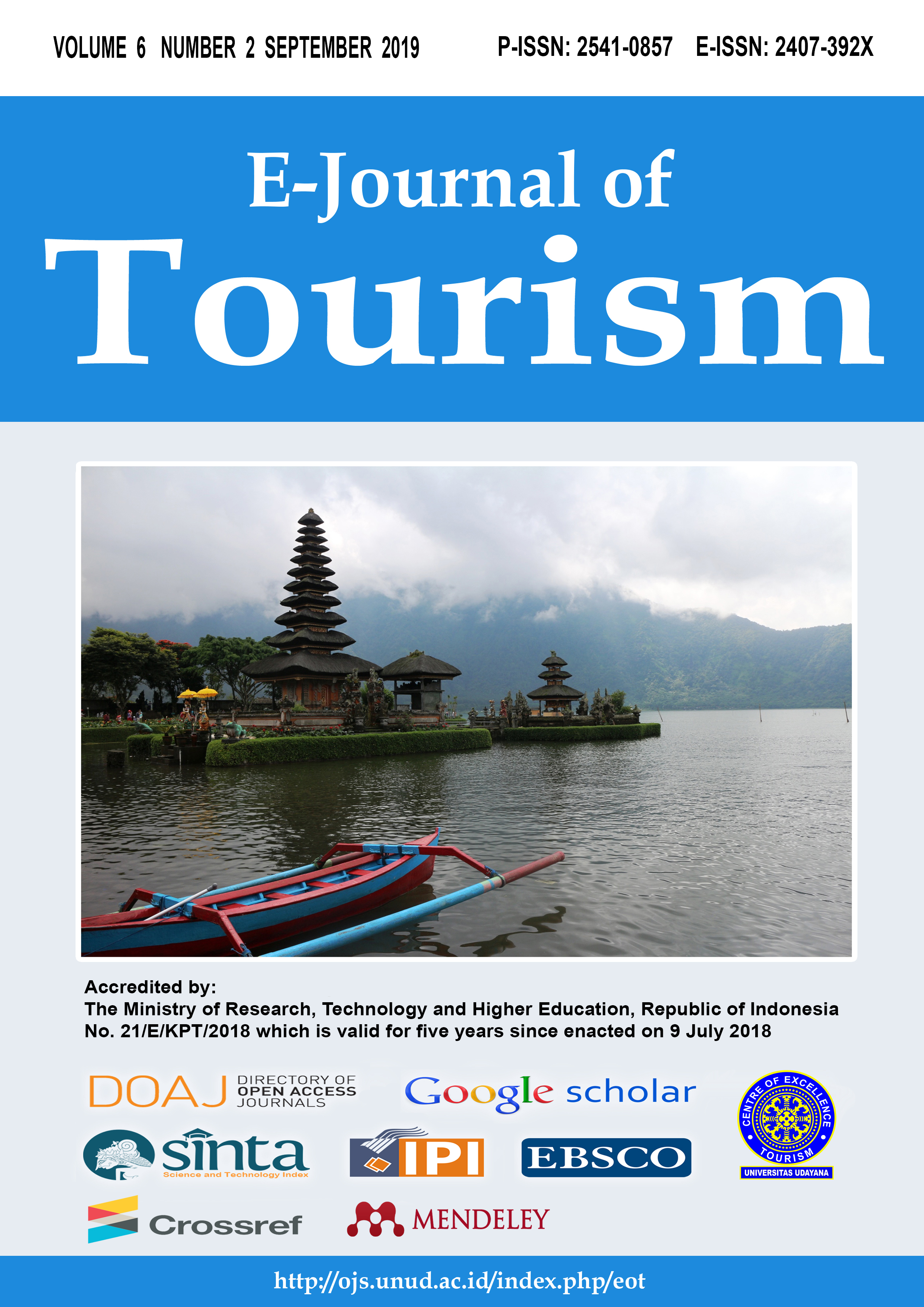Leisure travel behavior of generation Y & Z at the destination and post-purchase
Abstract
Researching travel trends of new generations is the first step for tourism providers towards modifying their offers in order to match target markets’ needs. The above represents this paper’s primary purpose. The motivation and behavior of the new generations, also known as Millennials or Generation Y and Post-Millennials or Generation Z, influence the contemporary tourism characteristics. They are both more than familiar with recent technology trends and usage. There are two main goals of this paper. The first is to determine the behavior of Generation Y and Z members during their stay in the tourist destination and their preferences in terms of company, accommodation and transport options. The second goal of this paper focuses on exploring the behavior of the Y and Z generation members related the dissemination of information about their stay in a tourist destination. Questions covered issues regarding review writing about a tourist destination or accommodation, the timing of writing - during or after returning from a tourist destination, the announcement of their travel intentions on social networks etc. A significant number of respondents post on social media and write online reviews regarding their travel experiences. The originality of the papers steams from the insufficient studies of the topic. The research methodology applied an online survey as the main research instrument. The main limitations are related to the minor geographical area researched.
Keywords: online tourism behavior, generation Y, generation Z, buying behavior in tourism, visit phase, post purchase behavior in tourism.
Downloads

This work is licensed under a Creative Commons Attribution 4.0 International License.
The copyright of the received article shall be assigned to the journal as the publisher of the journal. The intended copyright includes the right to publish the article in various forms (including reprints). The journal maintains the publishing rights to the published articles.




















